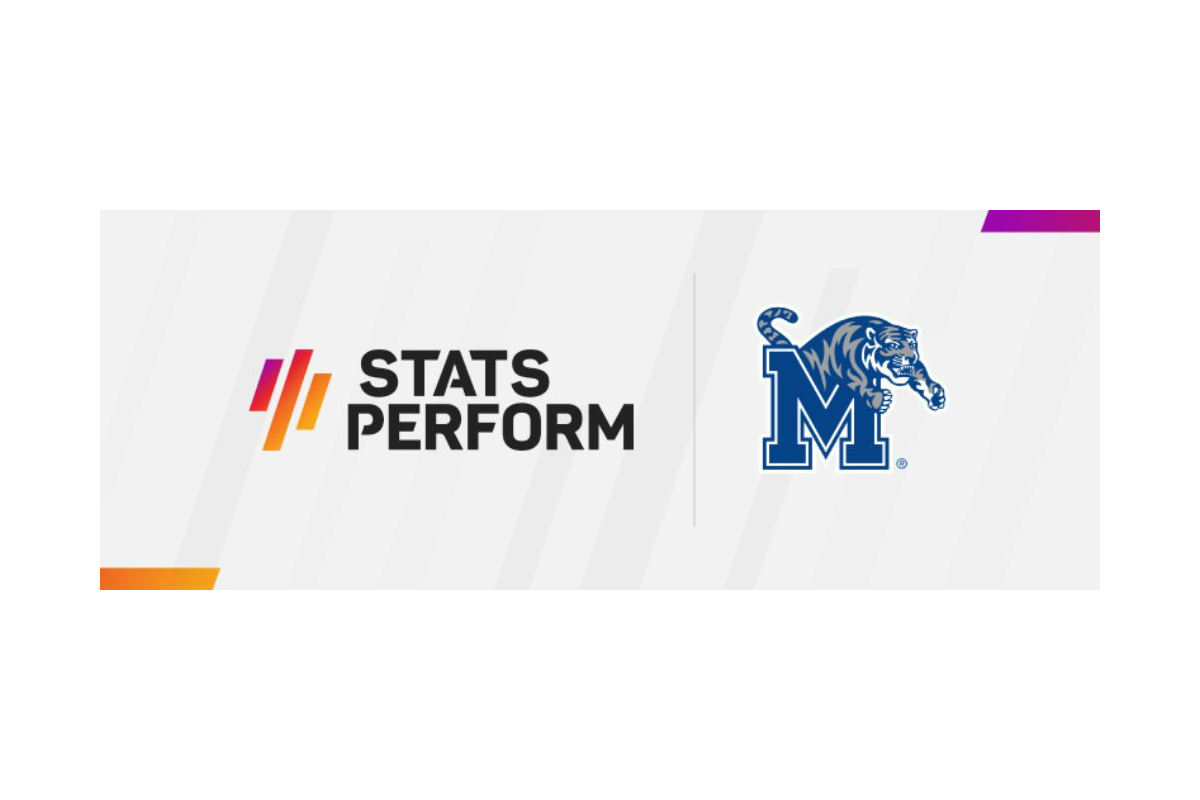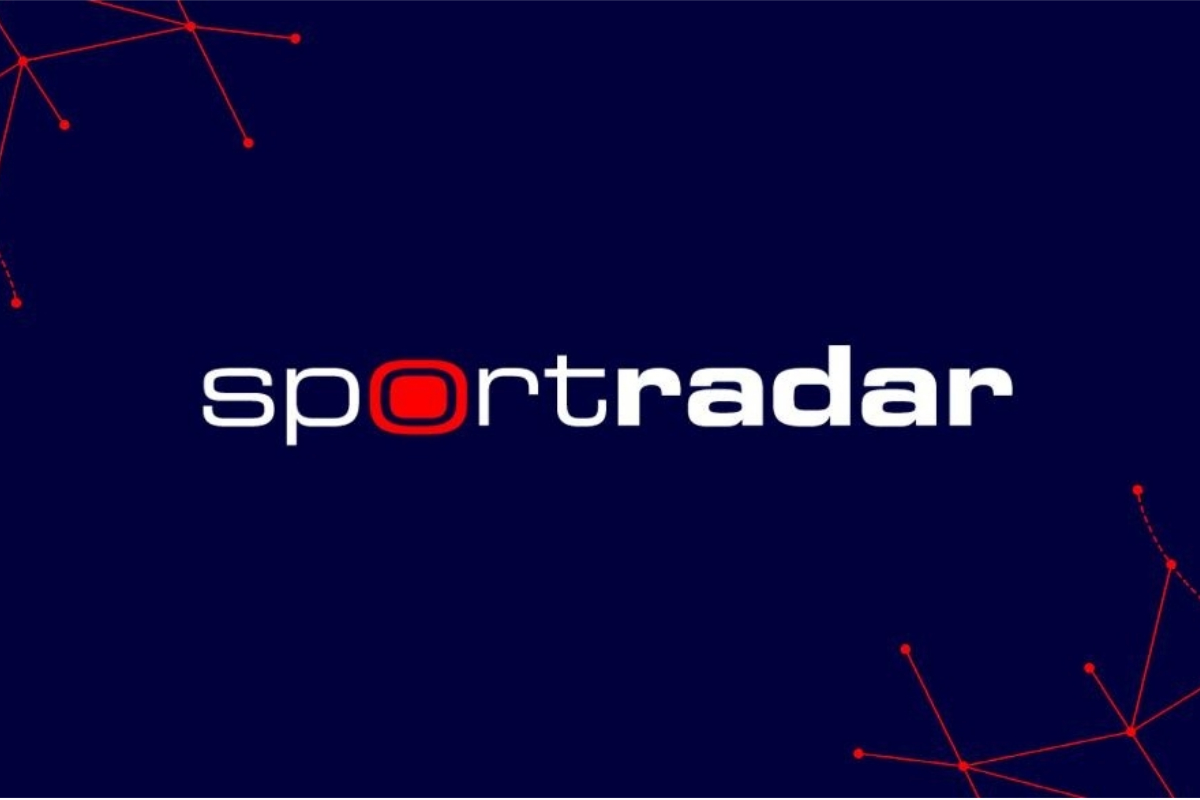
Seminole-Backed Group Claims Fraud in Fla. Casino Initiative
The Seminole Tribe of Florida has gone on the offensive in litigation over a Las Vegas Sands Corp.-backed ballot initiative aimed at opening the Sunshine State to additional casinos, accusing the sponsor of “brazenly violating” Florida election law in its efforts to gather needed voter signatures.
The battle in a Leon County circuit court started with Florida Voters in Charge, the political committee behind the proposal, claiming that parties acting on behalf of the Seminoles, who have held exclusive rights to offer certain casino gaming in the state, improperly interfered with its petitioning. But on Monday, the tribe-backed political committee Standing Up for Florida Inc. and its president, political consultant Pradeep “Rick” Asnani, filed a counter-claim accusing the plaintiffs of illegally paying petition gatherers on a per-signature basis, shredding certain petitions or forging information on incomplete petitions.
“The Constitution of Florida is under attack,” Standing Up for Florida cautioned, adding, “The counter-defendants’ illicit conduct is an attack on Florida’s election integrity.”
State law requires sponsors of citizen initiatives to gather valid signatures from at least 8% of the state electorate, or 891,000 registered voters, by Feb. 1 to qualify for the November 2022 general election ballot, but the Seminole-backed parties argue that the alleged violations render any signatures gathered by Florida Voters in Charge under such contracts to be null and void.
Standing Up for Florida, which said it has spent “exorbitant resources” to voice its opposition to the initiative and fight the allegedly fraudulent petition gathering, asserted that the per-signature payments are “flatly illegal” under a 2019 law that banned such payments.
It also cited affidavits from an employee and a former subcontractor of Grassfire LLC, a firm that coordinated some of the petition gathering, who testified that in addition to the allegedly illegal contracts, the company also illegally shredded and discarded some petitions that it thought would be rejected by state officials in order to reduce its submission fees, filled in omitted information, such as dates and addresses, and even forged state officials’ signatures.
The counter-claim names Florida Secretary of State Laurel M. Lee and Leon County Supervisor of Elections Mark S. Earley as third-party defendants in connection with its request for a declaratory judgment voiding the submitted signatures. Standing Up for Florida also named the officials in an accompanying emergency motion for a temporary injunction to stop them from counting the disputed petitions.
The ballot initiative, titled “Limited Authorization of Casino Gaming,” would authorize state officials to permit casino-style games, including blackjack, roulette and slot machines, at up to three new casinos, with the restriction that they be located at least 130 miles from existing tribal casinos.
Las Vegas Sands Corp. has poured nearly $50 million into Florida Voters in Charge, according to election finance records, and news reports have suggested that, based on the proposal’s geographic limitations, the global gaming giant is aiming to open a casino in Jacksonville, in the northeast corner of the state.
Florida Voters in Charge sued Standing Up for Florida, another Seminole-backed entity known as Let the Voters Decide LLC and several other parties on Dec. 1. In an amended complaint, it alleged that the defendants have engaged in increasingly aggressive efforts to harass and intimidate its signature collectors. The suit also accuses them of “paying off” these workers by either hiring them away to gather signatures for an unnecessary “sham” petition purportedly related to a new Seminoles gaming compact or simply paying them to stop working on the new casino initiative and, in some cases, leave the state during the process.
A Leon County circuit judge denied Standing Up for Florida’s motion to dismiss, in which it argued that it acted within the state’s open labor market to compete for these workers’ services. But she ordered the plaintiffs to submit contracts that the defendants pointed out were missing to support the interference claims.
In its filings Monday, Standing Up for Florida pointed out that Grassfire produced a redacted copy of its petition gatherer contract form, but publicly available copies of the form showed Grassfire had blocked out portions detailing “bonus” payments based on the number of signatures collected.
Standing Up for Florida acknowledged that elements of the arguments in its counter-claim were rejected when it previously raised them in a separate action it filed in Palm Beach County, where it is based. But the group said that it believes that court erred by finding that the 2019 law’s authorization for the state attorney general to seek injunctions for election fraud preempted private litigants, such as itself, from bringing election integrity actions. The law, it pointed out, said nothing about ending more than 100 years of private litigants bringing such cases in Florida.
With state elections officials allowed 60 days to verify submitted signatures, Dec. 30 marked an effective deadline to guarantee that signatures will be counted by the Feb. 1 deadline, so a ruling in favor of the Seminole parties’ claims would end the initiative’s chances for appearing on the November 2022 general election ballot.
According to the latest Department of Elections records, Florida Voters in Charge had obtained verification of about 426,000 signatures. On Tuesday, the Florida Supreme Court — as part of the usual elections process — tentatively scheduled oral arguments for March 8 on whether the proposed ballot question and title is clear and not misleading and satisfies a single-subject requirement.
Counsel for Standing Up for Florida and the other defendants declined on Tuesday to comment beyond their latest filings. Counsel for the Florida Voters in Charge and other plaintiffs did not respond to a request for comment.
Standing Up for Florida and the other defendants are represented by William N. Shepherd, Jeffrey M. Schacknow and Henry A. Moreno of Holland & Knight LLP.
Florida Voters in Charge and signature gathering companies The Human Connection and I & R Campaign Management Services are represented by James McKee, Benjamin J. Grossman and W. Bradley Russell of Foley & Lardner LLP.
Grassfire LLC is represented by Eduardo S. Lombard and Angela D. Miles of Radey Law Firm.










